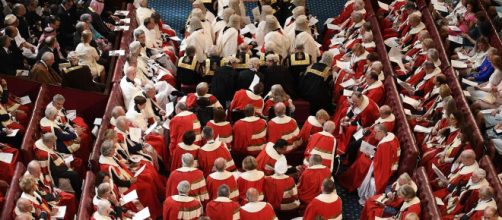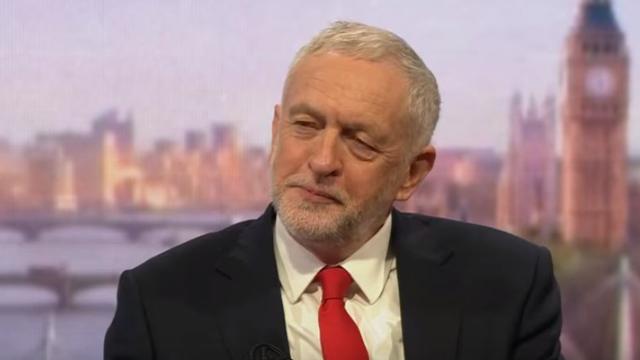The House of Lords have been in existence since the reign of Edward III in the 14th century, it was during that period he House of Commons (consisting of the shire and borough representatives) and the House of Lords (consisting of the bishops, abbots and peers) split and formed two separate chambers. However, the Lords were significantly more powerful than the Commons due to the authority and influence gained from being nobility and landowners.
It wasn’t until the 19th century that the Lords was weakened with the introduction of peerages, this increased the number of Lords from 50, meaning individuals were less influential and the Reform Bill of 1832, which increased the power of the Commons.
Abolition of the Lords?
Why am I talking of the Lords though? Because a spokesperson from Jeremy Corbyn has stated that if Labour were in government, they would abolish the House of Lords. The spokesperson called it “absurd” and an “undemocratic anachronism”. Mr Corbyn has restated that he desires to replace it with an elected second chamber and has said would only nominate peers who want to see the abolition of the Lords.
This comes after Theresa May has had to defend her appointments to the Lords, after she gave peerages to several vocal Brexit supporters in order to bolster the chances of the Brexit bills getting through the Lords. Previously, 15 Brexit legislations have been sent back by the peers with amendments to them and this has caused all sorts of problems for the Prime Minister.
The abolition of peerages and the Lords is an important democratic step because they represent a class system, much like the monarchy. With something like the Lords existing, it only serves to strengthen the authoritative nature of the UK’s democracy and an elected second chamber would go some way of remedying the situation.



